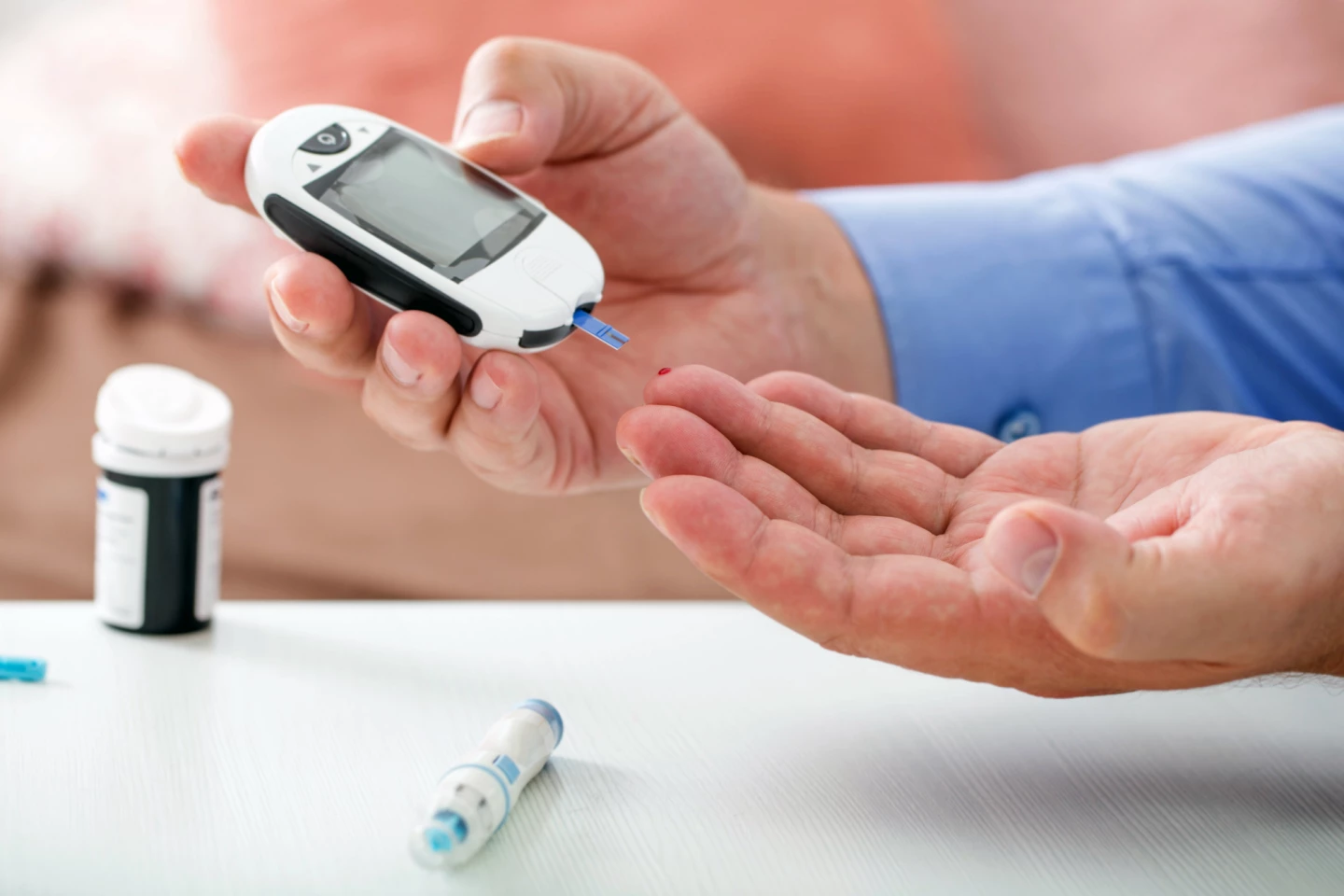The choice of diet is an individual one. It’s a matter of finding out what works and is sustainable. Having some science to back up that choice doesn’t hurt, either. So that’s what we’ve presented here in relation to IF. Of course, it goes without saying that not every study has been included. And, as always, you should seek medical advice before starting a dieting journey.
There are two main approaches to IF: alternate-day fasting and time-restricted eating. With alternate-day fasting, people fast every other day by eating either no calories or one small meal containing 500 to 600 calories. The 5:2 diet is an example of this type of diet, where a person eats normally five days a week and fasts for two. With time-restricted eating, people fast every day by reducing the window during which they consume calories to between four and 10 hours. Someone following the 16:8 diet, for example, fasts for 16 hours a day and limits their food intake to an eight-hour stretch.
What intermittent fasting can do for health
Let’s look at time-restricted diets first. A 2016 study of young resistance-trained men found that the 16:8 diet improved health-related biomarkers and decreased fat mass after eight weeks. In 2018, a small study of obese adults found that being on the 16:8 diet for 12 weeks led to weight loss of around 3% and a drop in systolic blood pressure (the top number).
In a more recent study from 2023, researchers fed mice during a six-hour window and fasted them for the rest of the day (for humans, that’s the equivalent of around 14 hours of fasting time) and found that they followed a more regular sleep schedule and performed better in memory and other cognitive tests, suggesting it could counter Alzheimer’s disease symptoms. Another study from the same year, using a small cohort of human subjects, found that restricting eating to eight hours a day caused more weight loss and better long-term blood sugar levels in type 2 diabetics than calorie-restricted eating.

What about fasting every other day? In mice, it improved key metabolic pathways in the liver, improving the organ’s health. In healthy adults, alternate-day fasting led to an average weight loss of 3.5 kg (7.7 lb) after four weeks and was sustainable for up to six months (that’s as long as the study lasted) without negatively affecting health.
The 5:2 diet has also been found to produce health-promoting effects. A 2024 study showed that mice with non-alcoholic liver inflammation that followed the diet were less likely to progress to a more severe form of the disease and had lower levels of biomarkers associated with liver damage. In mice with cancer, fasting two days a week ‘reprogrammed’ a population of immune cells, boosting their cancer-fighting abilities. And it's been proven to be better at controlling blood sugar than some antidiabetic medications in newly diagnosed type 2 diabetics.
What intermittent fasting diets don’t do
Despite mounting evidence of the health benefits associated with IF, plenty of misinformation is still circulating. Researchers from the University of Illinois Chicago examined and debunked four IF-related myths in a recently published commentary paper.
“I’ve been studying intermittent fasting for 20 years, and I’m constantly asked if the diets are safe,” said the paper’s lead author, Krista Varady, a professor of kinesiology and nutrition at UIC. “There is a lot of misinformation out there. However, those ideas are not based on science; they are just based on personal opinion.”
Let’s start with an important one: sex. Well, sex hormones. It’s thought that IF has a negative effect on estrogen and testosterone, causing menstrual cycle irregularities and fertility issues in women and a lagging libido in men. Looking at relevant randomized trials, the researchers concluded that IF generally does not affect circulating estrogen levels in women or testosterone levels in obese men. Some studies did show a mild reduction in testosterone of 2% to 15% in young male athletes who were undertaking time-restricted eating, but these reductions weren’t accompanied by any negative changes in muscle mass or strength.
Speaking of muscles, the researchers found no evidence that IF caused excessive loss of muscle mass compared to other weight loss diets in adults. With both diets, they found that about 75% of total weight loss is fat tissue mass, and the other 25% is lean mass. Lean mass, or lean body mass (LBM), is total body weight minus all the weight due to fat mass. In addition, time-restricted eating in adults over 65 did not seem to cause harmful reductions in skeletal muscle mass, although they admitted there were few studies performed in that population.

Does narrowing the ‘eating window’ cause people to eat more junk food or drink more coffee to boost energy levels? No, according to the researchers. In fact, they found that sugar, saturated fat, cholesterol, fiber, sodium and caffeine intake don’t change in people who eat for either four to six or eight to 10 hours a day for up to a year compared to control groups. The only dietary aspect that consistently changed was energy intake, which is the reason why these diets cause weight loss in about 3% to 5% of obese people. The evidence showed that people don’t change what they eat, they just eat less.
And, finally, no, IF diets don’t increase the risk of developing an eating disorder, according to the researchers. For one thing, almost every clinical trial of IF screens for and excludes people with a history of eating disorders, so the final cohort of participants has a very low risk of developing these conditions. Evidence from randomized controlled trials suggested that IF diets either don’t affect or have a beneficial effect on adult eating behaviors. Specifically, IF produces fewer food cravings, weight concerns, mood issues, and binge-eating episodes and less anxiety about appearance compared to controls. Despite this, the researchers advocate exercising caution when trialing IF in adolescents, given the age of onset of eating disorders is generally between the ages of 12 and 25.
“The myths about intermittent fasting discussed here are just a sampling of the numerous unsupported beliefs held by many people, including clinicians, journalists and the public,” said the researchers. “Intermittent fasting might seem like an extreme diet to some individuals, but the safety profile of these protocols is similar to that of daily calorie restriction, low carbohydrate diets and Mediterranean diets. Intermittent fasting is just another tool that can be used to help individuals eat less food to manage their weight and metabolic health.”
The UIC paper was published in the journal Nature Reviews: Endocrinology.
Source: UIC








